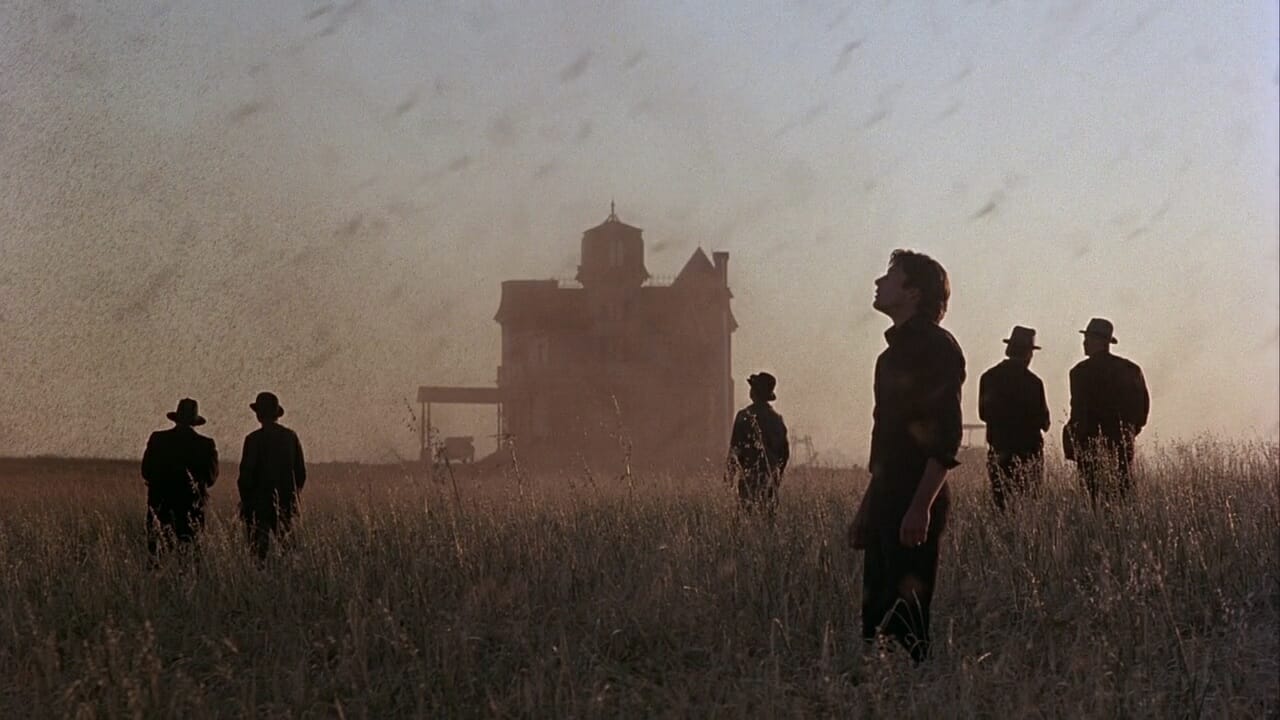-
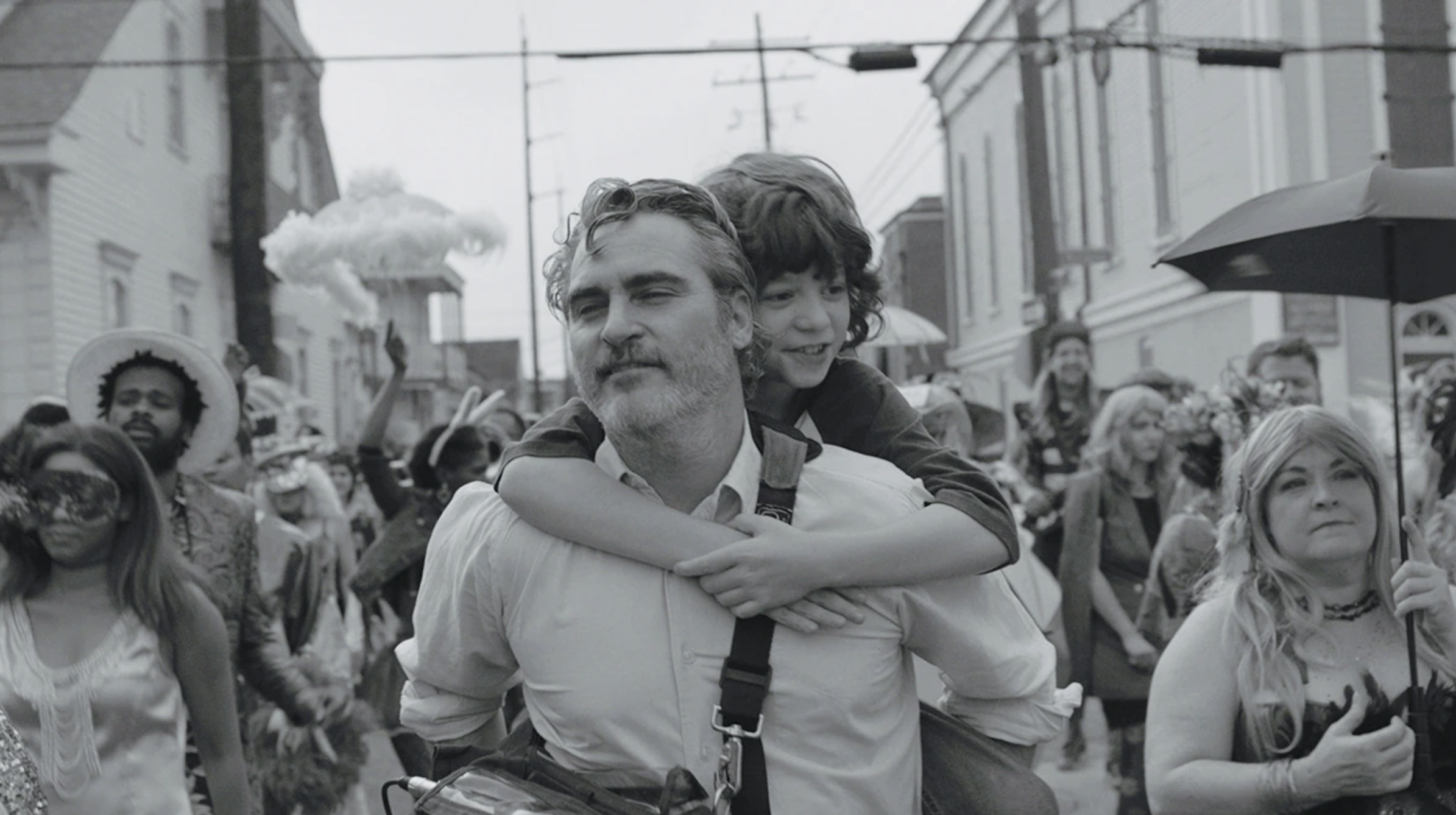
C’mon C’mon (2021)
There is an invitation built into both the title and story of C’mon C’mon, beckoning us to join a radio journalist and his nine-year-old nephew on a road trip across the United States, through which Mike Mills’ beautiful greyscale cinematography and stream-of-consciousness montages paint a portrait of a relationship as sweet and unhurried as his…
-
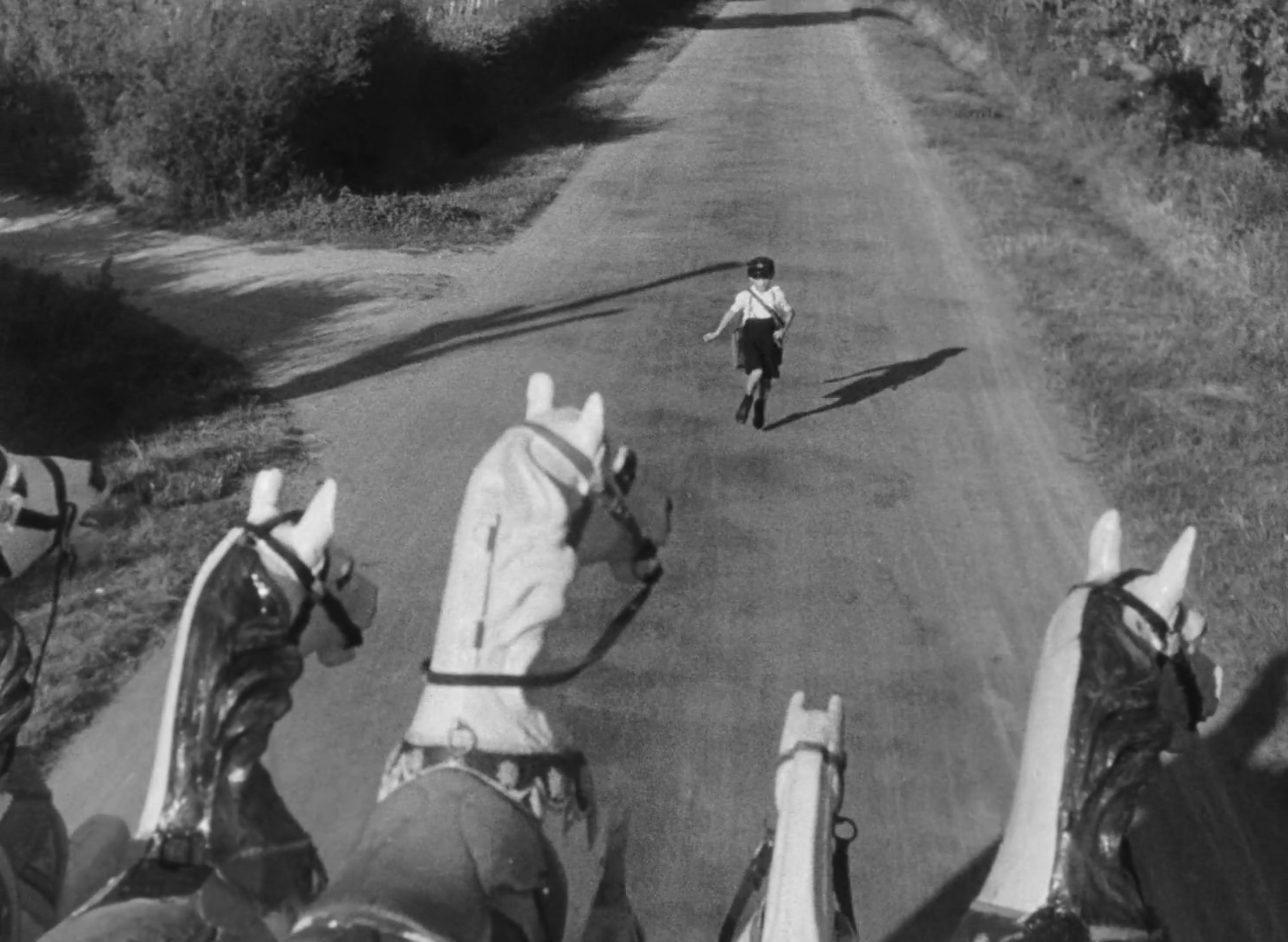
Jour de Fête (1949)
Though Jour de Fête feels slightly limited without Jacques Tati’s bizarre displays of architecture to bounce his physical comedy off, he is still as resourceful as ever in both his acting and direction, whimsically sending up modern ideals of efficiency and progress when they begin to invade a tiny French village amid Bastille Day celebrations.
-
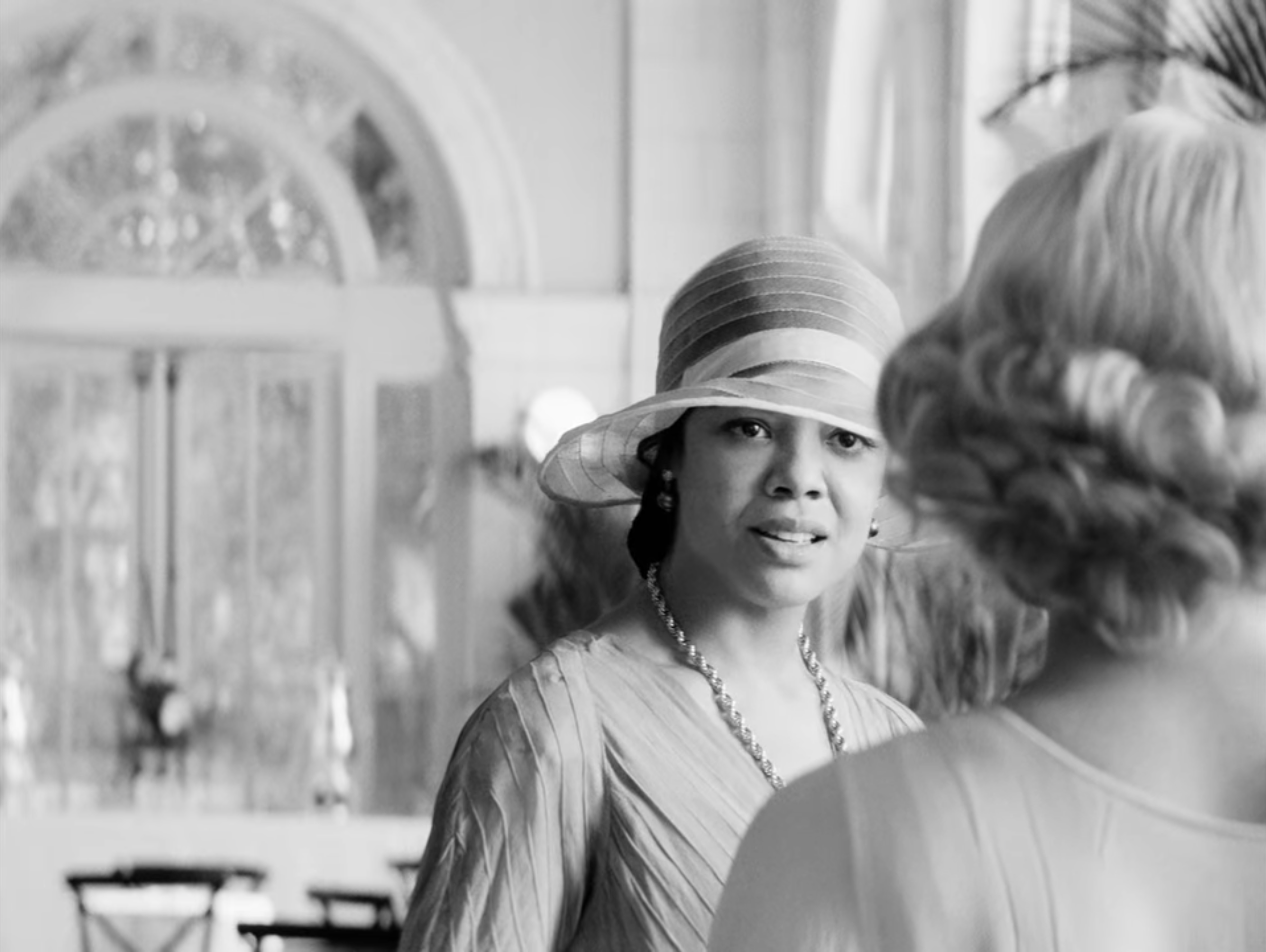
Passing (2021)
Rebecca Hall’s shallow focus and hazy black-and-white cinematography in Passing takes a dreamy hold over this interrogation of racial assimilation in 1920s New York, bringing together two old African-American childhood friends whose strikingly divergent lives lead to a reunion over thorny questions of identity and prejudice.
-
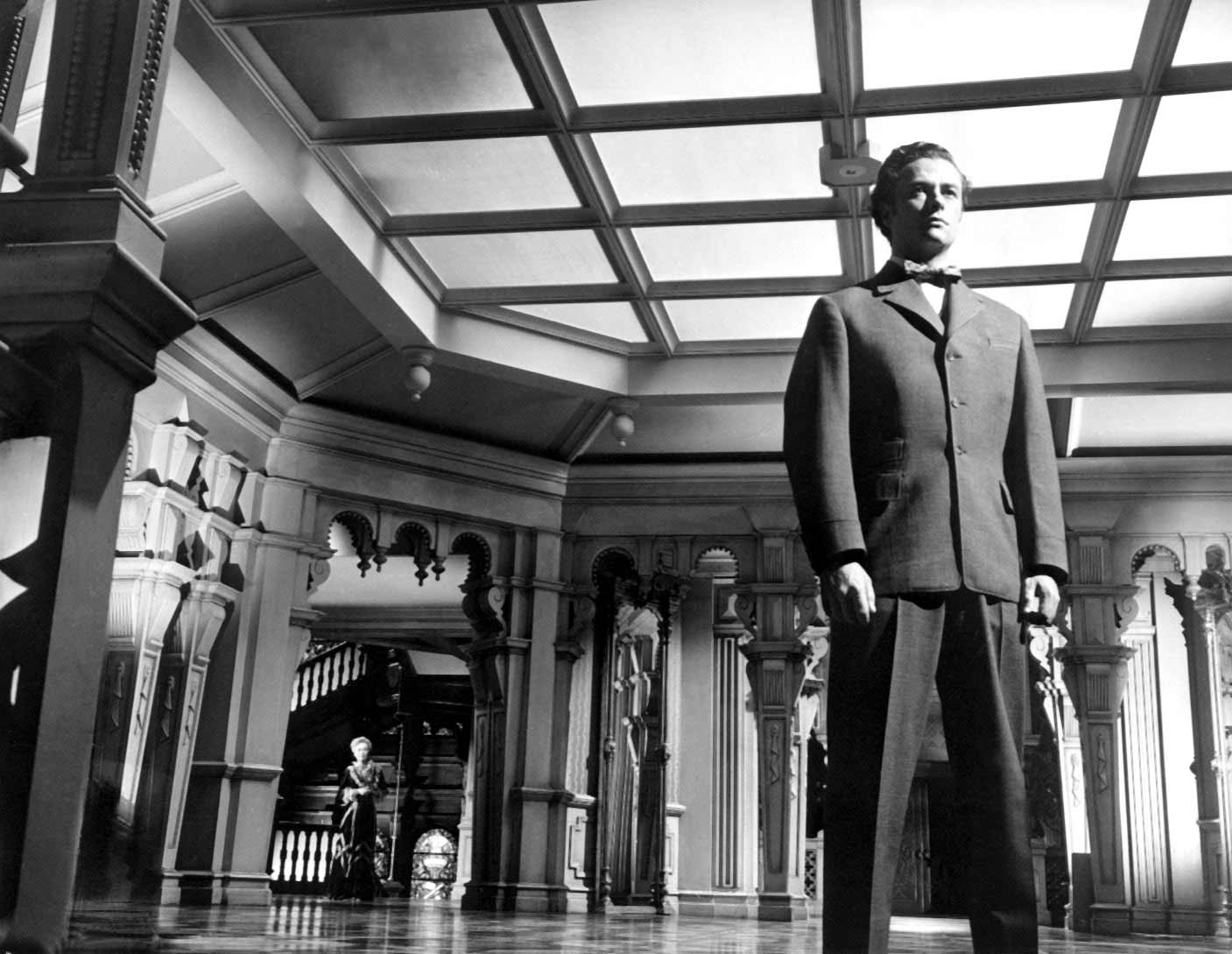
The Magnificent Ambersons (1942)
The Magnificent Ambersons floats along like a whispered echo of a bygone era, recounting the downfall of an entire family brought about by one man’s resistance to progress and standing as a powerful elegy from Orson Welles to those forgotten dynasties of American history, despite his artistic compromises.
-

Barb and Star Go To Vista Del Mar (2021)
No doubt there are plot points in Barb and Star Go to Vista del Mar which don’t quite cohere with everything else, but with a screwball commitment to absurdly inventive visual gags and dialogue, the inspired collaboration between Josh Greenbaum, Kristen Wiig, and Anne Mumolo pushes the film’s narrative logic in hilariously unexpected directions.
-
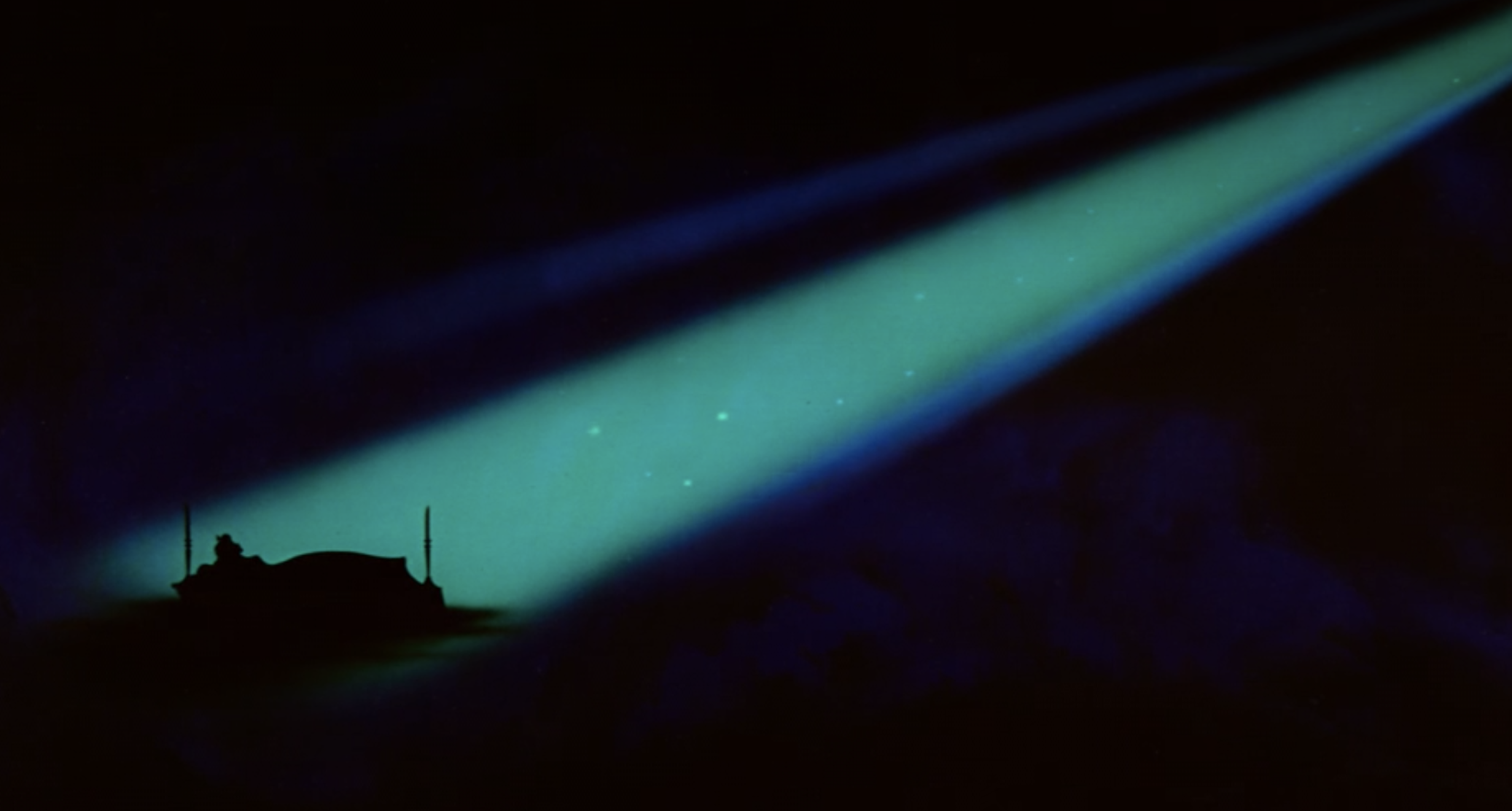
Sleeping Beauty (1959)
In using the full scope of its widescreen format, Sleeping Beauty creates the layered look of Renaissance tapestries hand-drawn on canvas, effectively infusing the whimsical style of its narrative into its dreamy imagery and delicate orchestrations.
-
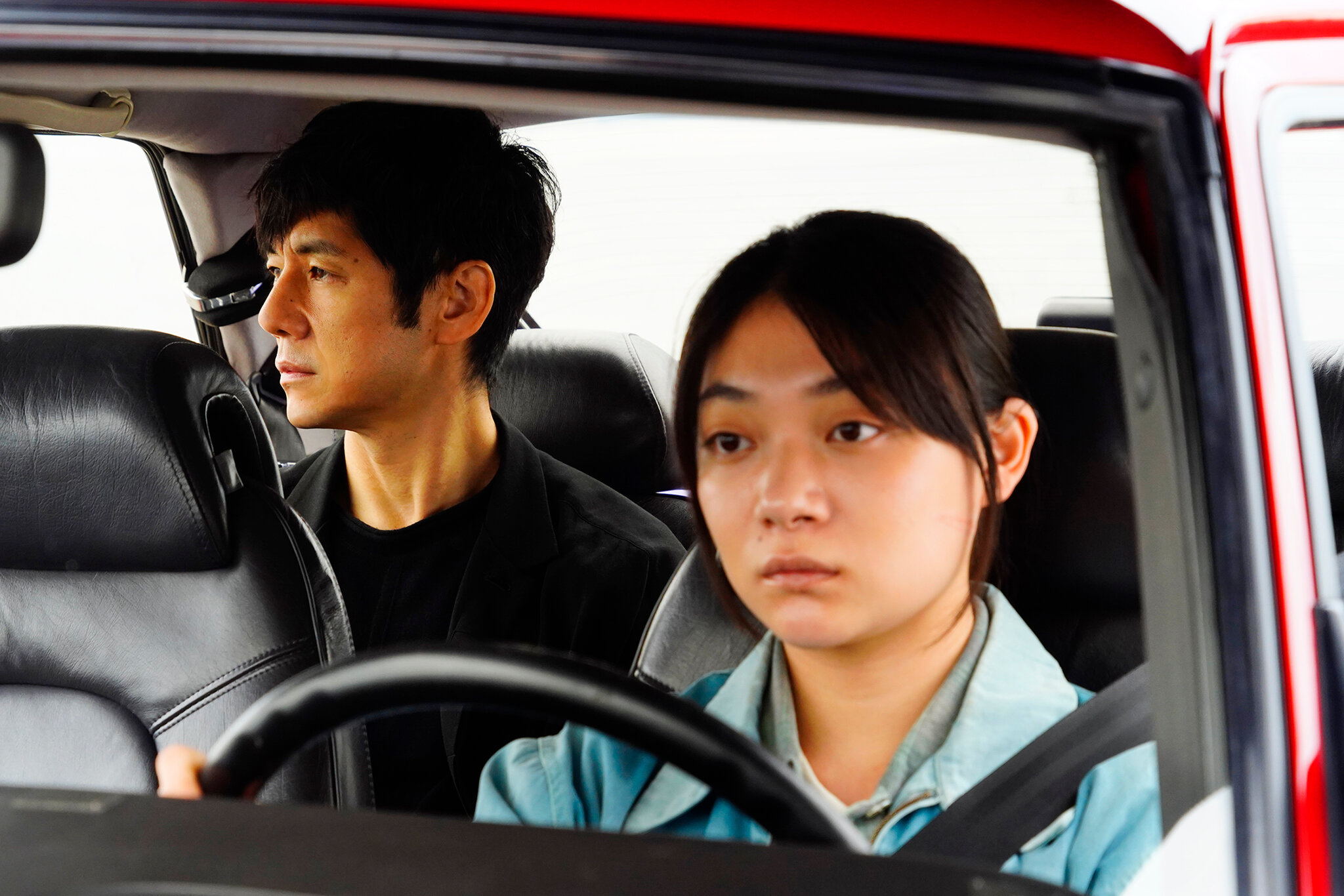
Drive My Car (2021)
Perhaps there is a leaner version of Drive My Car out there than the three-hour version Ryusuke Hamaguchi presents us with, but that would simply not do justice to the long journeys of healing lived by the complex characters at its heart, delicately forming a quiet limbo of endless self-reflection for those whose loved ones…
-
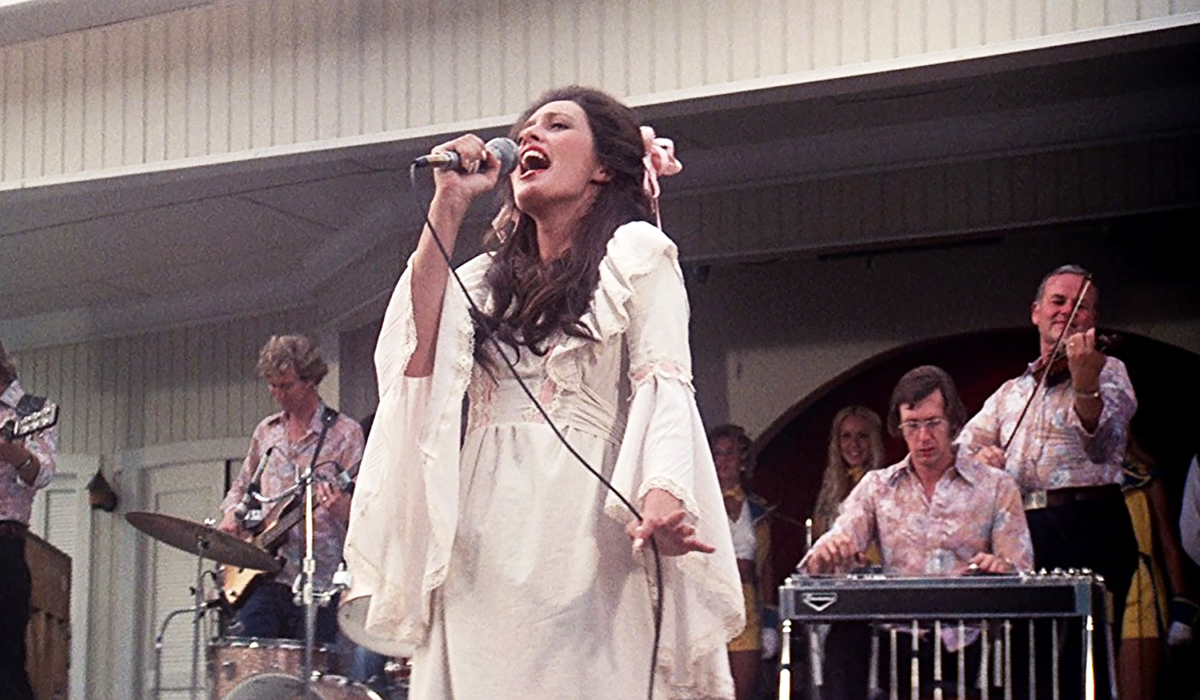
Nashville (1975)
In its organic progression between its sprawling narrative threads, Nashville carries the sense that Robert Altman could point his camera in any direction and discover a new set of characters as equally as intriguing as the rest of his ensemble, constructing a satirical image of this musical city that is pervaded by a defiantly bright-eyed…
-
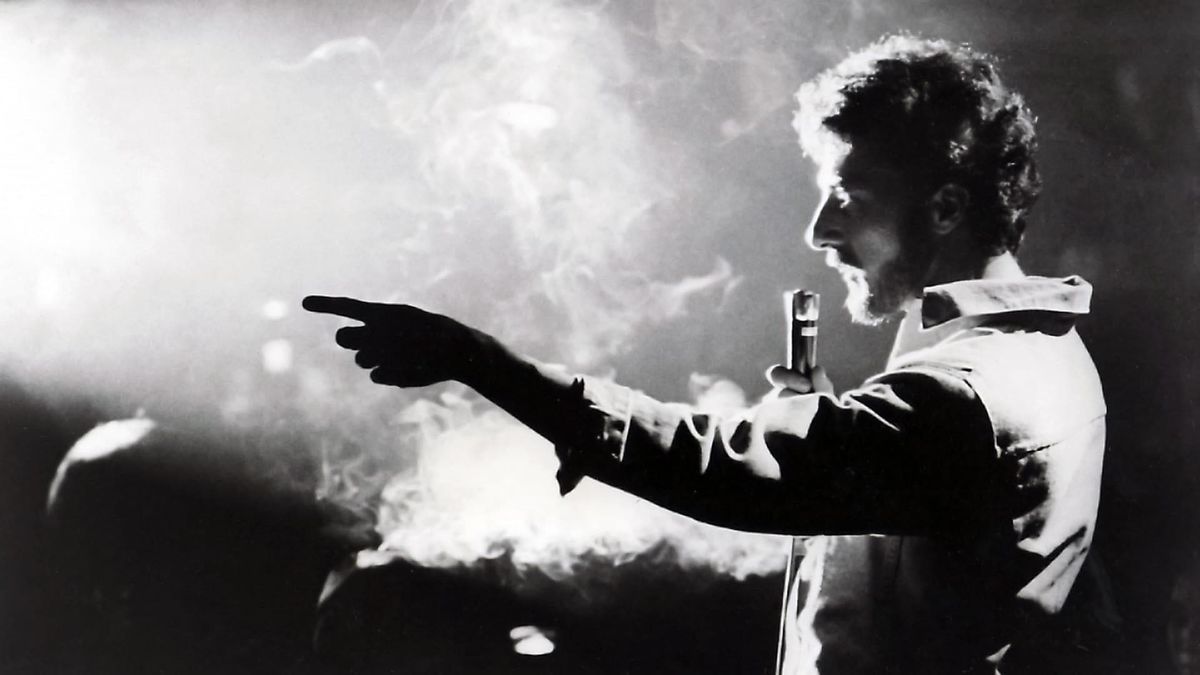
Lenny (1974)
There is something of Lenny Bruce’s rebellious, unorthodox style in Bob Fosse’s 1974 biopic of the comedian’s life which mirrors his own unruly manner, cutting between moments from all across his life and death to confront the difficult legacies left behind in the fight for free speech.
-
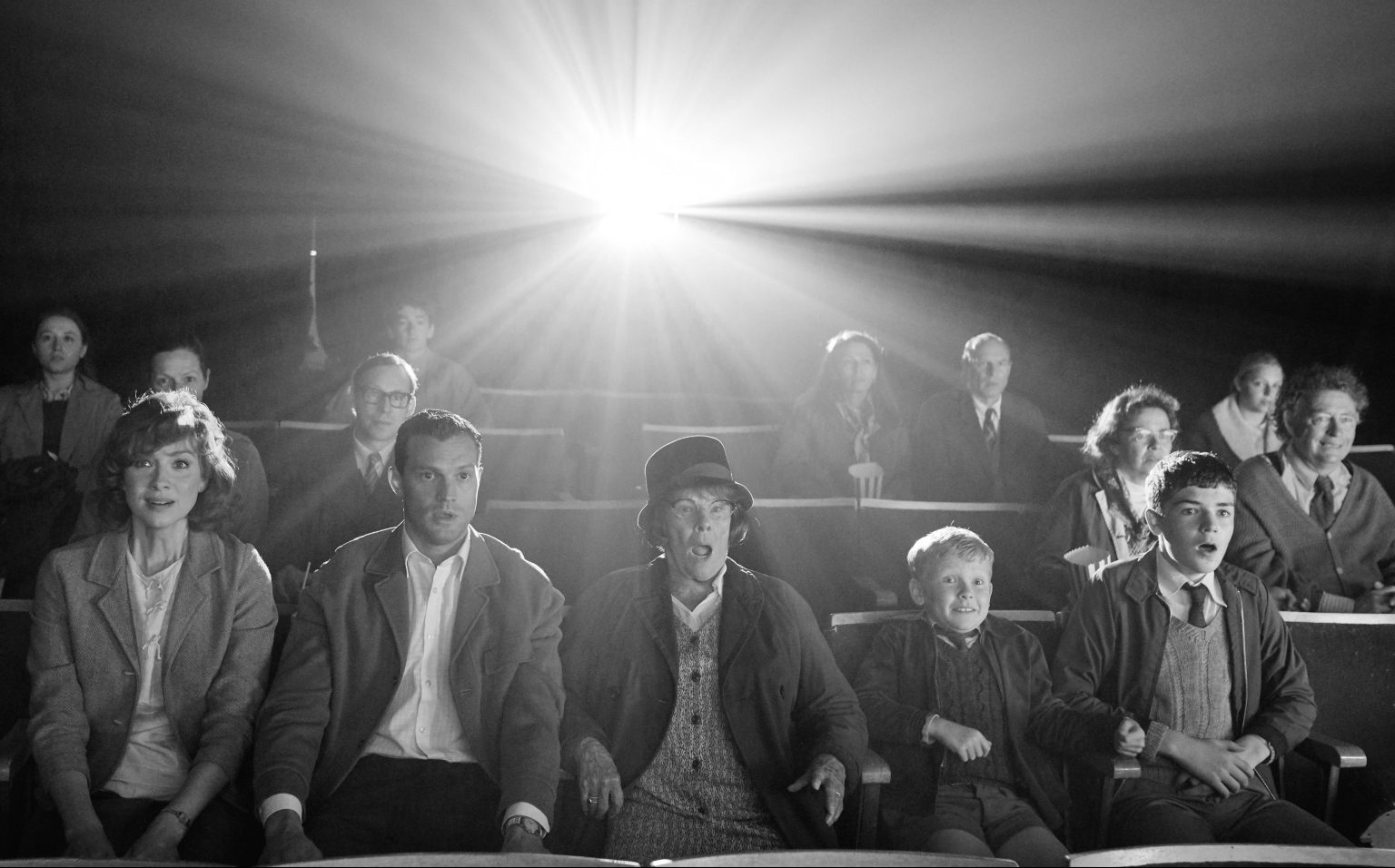
Belfast (2021)
The personal evocations of Kenneth Branagh’s own childhood in Belfast endows this memory piece with a certain level of authenticity, but it is also the emotional nuance that he finds through his elegant camerawork and staging that fully consumes us in young Buddy’s journey, giving endless thanks to those who planted seeds of growth within…
-
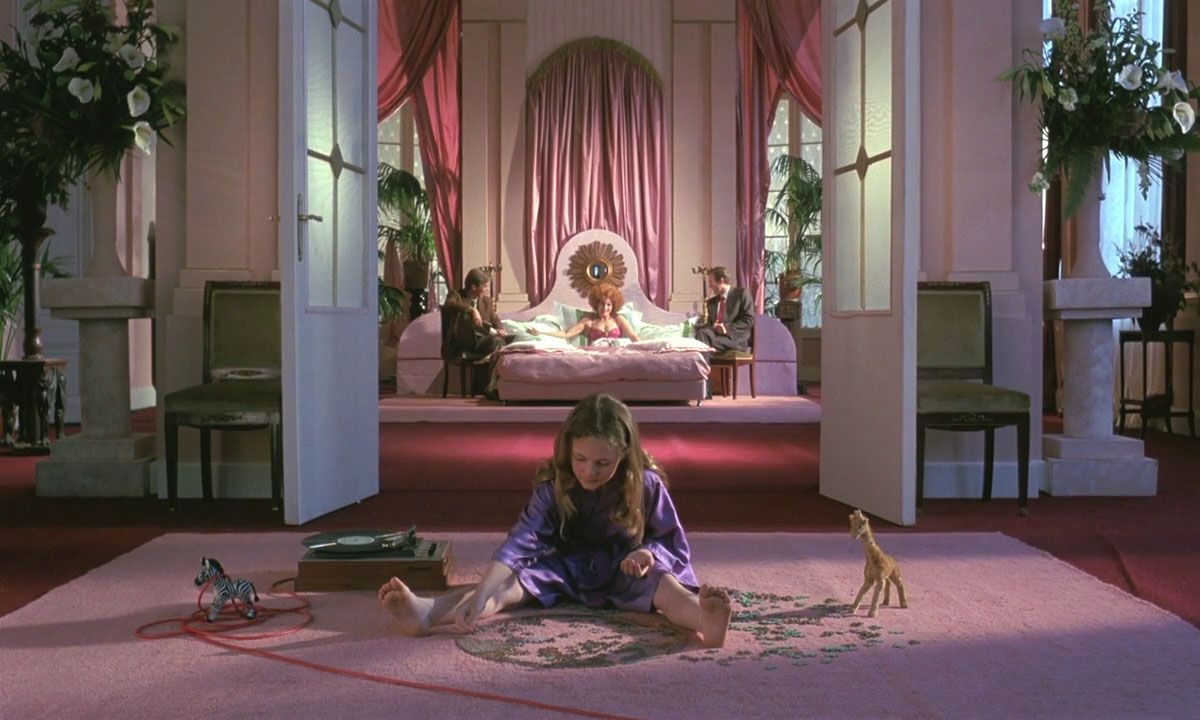
A Zed and Two Noughts (1985)
The very structure of A Zed and Two Noughts is marked by a symmetry that Peter Greenaway is compelled to tease all through his colourfully ostentatious mise-en-scène, centring a pair of twin zoologists whose disturbing studies of life and decomposition mirror the film’s own taxonomical obsessions.
-
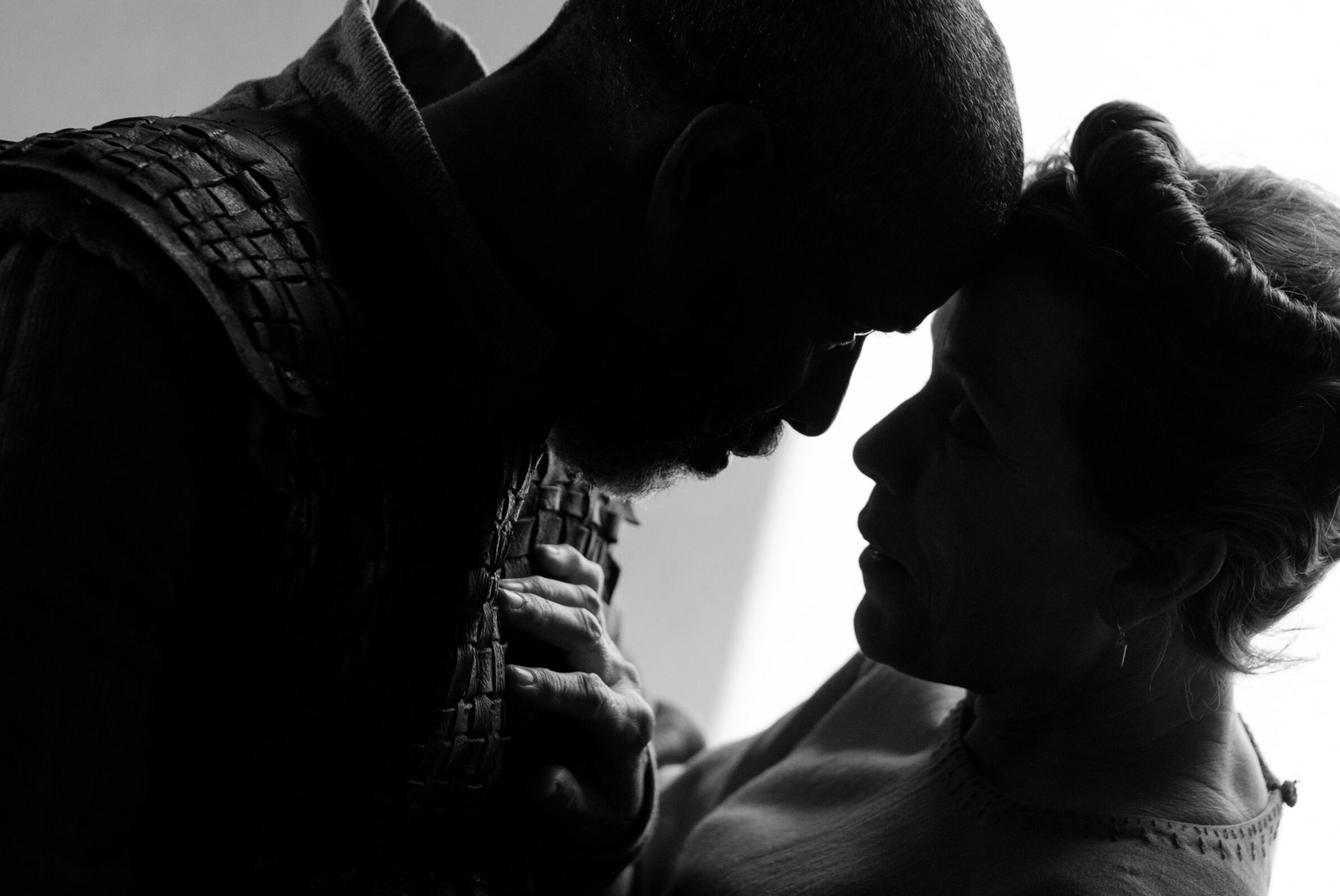
The Tragedy of Macbeth (2021)
Through the volatile performances of Denzel Washington and Frances McDormand, the imposingly austere sets, and ghostly greyscale cinematography, virtually every minute of The Tragedy of Macbeth feels as if it is teetering on the brink of mortality, attacking existential questions of destiny, chaos, and violence with an artistic precision that remains remarkably in tune with…
